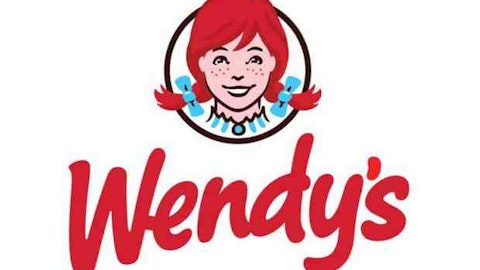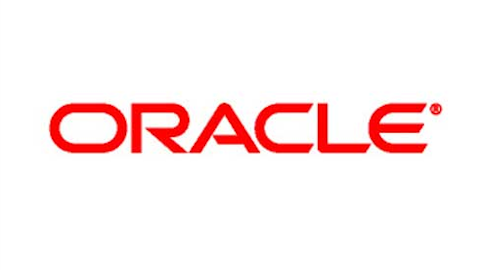
PetroChina and CNOOC have bought assets in Uganda, Ghana, and various western African states. China National Gold tried (but failed) to buy Barrick Gold Corporation (USA) (NYSE:ABX)‘s African assets in Tanzania. The state bank ICBC owns 20% of South Africa’s Standard Bank and wants to buy as much as 60% of it.
In short, the Red Dragon is colonizing the Dark Continent in a way Britain never could.
Because these companies are extensions of the government, the risk associated with this consolidation of natural resources into the hands of the Middle Kingdom is substantial. And since China holds our financial future in its hands, as it has been buying up our debt through the Federal Reserve’s foolhardy policies, this concentration will be particularly worrisome if Ben Bernanke’s endgame falls apart. According to the analysts at the Rhodium Group, Chinese investment in the U.S. was a record $6.5 billion last year. Africa hasn’t been the only ripe plum China’s been plundering, but it could become a major opportunity for investors, as other countries have read its playbook and are following suit.
Japan just pledged $32 billion to Africa in public and private investment over five years’ time, if for no other reason than to blunt China’s lead in gobbling up the continent’s rich resources. With a trade portfolio five times less than its mainland rival, Japan is hoping to play catch-up in bidding for Africa’s rich oil and gas assets, as well as its rare earth minerals that are a key component for its high-tech industry.
Of course, investment in natural-resources companies won’t be completely risk-free. Labor unrest, violence, and a lack of access to a reliable power sources have been the hallmark of natural resource exploitation in Africa.
Last August saw violent, deadly clashes at Lonmin’s South African Marikana platinum mine that left 44 people dead, while similar outbreaks at mines owned by Harmony Gold and Gold Fields have marred their operations. Zimbabwe seized dozens of hectares of land leased by platinum miner Zimplats Holdings earlier this year, underscoring much of the political instability still rampant on the continent, and with only 25% of sub-Saharan Africa plugged in — and mining operations using 17% of all electricity generated — the electric grid is in a fragile condition.
With that said, countries are willing to make major investments in Africa, and that portends major growth in the future. The question for investors is whether they want to follow sovereign nations into buying up natural resources through mining companies, whose stock prices often hinge on the going price for commodities.
A better bet might be looking at stocks of consumer-goods companies. As China has witnessed, greater investment has led to a rising middle class with more disposable income. A similar trend might follow in Africa, with stocks such as Yum! Brands, Inc. (NYSE:YUM), whose KFC restaurants have been expanding their presence, and Diageo plc (ADR) (NYSE:DEO), which may still sell more Guinness in Nigeria than it does in Ireland. Wal-Mart Stores, Inc. (NYSE:WMT) also has a significant presence in Africa.
These are the kinds of companies that will benefit their investors as Africa comes into its own, and you may want to be there with them when it does.
The article Will Africa Be the Next Booming Economy? originally appeared on Fool.com and is written by Rich Duprey.
Fool contributor Rich Duprey has no position in any stocks mentioned. The Motley Fool recommends Diageo.
Copyright © 1995 – 2013 The Motley Fool, LLC. All rights reserved. The Motley Fool has a disclosure policy.





